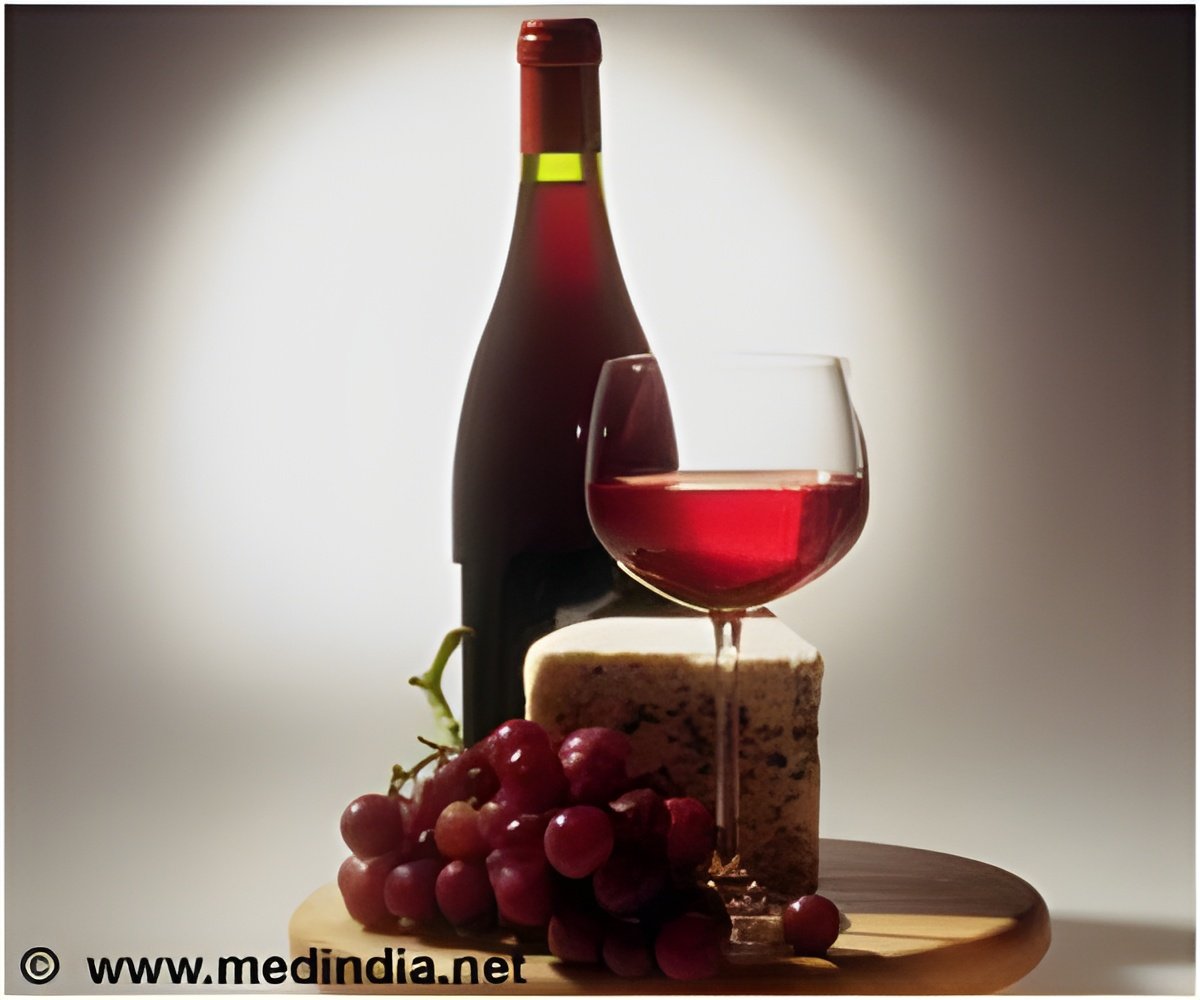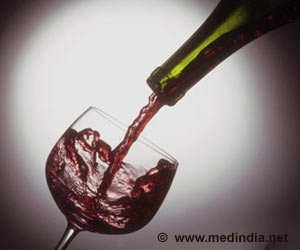
"Ten or twelve years ago, if you tasted 60 Chinese wines, you would be happy to be able to recommend five or 10 of them," said Marcus Ford, a member of the tasting panel.
"This morning we tasted 47 wines from Ningxia and more than half, probably 60 or 70 percent, were definitely wines that you could recommend to people."
Ford, an expert on the Chinese wine market who managed the renowned M at the Bund restaurant in Shanghai for 10 years, attributed this to "a better understanding of how to make more balanced wines.
"A couple of years ago, the vast majority of wines in this kind of tasting would have been very heavily sort of over-extracted, with lots of oak, lots of tannin... which makes them very showy. They smell great but when you taste them they tend to be very sort of gritty and tannic and bitter," he said.
"So I think there's a much better understanding of finesse and elegance, and of handling fruit and handling oak."
Advertisement
- 'Boost to local economy' -
Advertisement
The government has seized upon this natural advantage. The sparsely populated region that is home to the mostly Muslim Hui ethnic group has long benefited from heavy investment from the central government.
Its GDP remains one of the lowest in China, but the local government has realised that vines -- first planted in the area in 2000 -- could provide a much needed boost for the local economy.
In 2012, the local government invited seven winemakers from established wine producing countries to come to Ningxia to share their expertise. One Frenchman, one Spaniard, two Australians, a Chilean, a South African and an American took up the challenge.
Benoit Beigner, a producer from Chateau Monbazillac in Dordogne, France, first came to Ningxia two years ago as part of that programme and now splits his time between China and France.
Under his leadership, Chateau Bachus in Ningxia has undergone a revolution in everything from irrigation to the wine-making process. He has also introduced the practice of burying the vines under 30 cm of earth to protect them during the freezing winters.
"The pruning system was vertical, which meant that you could have 60 bunches of grapes per vine, but the grapes were in the shade," Beigner said. "We changed to a horizontal system. The grapes are now better exposed with better maturing and we have more control."
- 'Ningxia wines need marketing' -
Last week, Cao Kailong, the director of Ningxia's Bureau of Grape and Floricultural Industry, announced that 60 new winemakers would be invited to the region for two years.
"The costs will be paid by the government," said Cao, "And half of the production (generated by the winemaking) will be exported back to their country of origin."
But many of the winemakers that AFP spoke to complained that the distribution of wines from Ningxia remains very limited.
The region produces only a small amount of wine and demand is high, so the wines are rarely found in China's large cities and barely make it to markets abroad.
In the last three years, some of Ningxia's wines have won international awards, including the prestigious Decanter World Wine Awards in London. But the path to international acceptance will be long.
"It still needs a lot of marketing to be named as a quality wine region such as Napa Valley of California or Barossa valley of Australia," said Tang Liyan, a Chinese wine expert and another member of the panel.
But, he added, in a country that produces large quantities of wine, often of poor quality, there needs to be a local star -- and Ningxia could assume that role.
Some of the big French names already appear to be converts to the potential of the area.
Pernod Ricard acquired a vineyard in Ningxia called Helan Mountain, and Moet Hennessy, part of the French luxury goods conglomerate LVMH, has plans to start producing a sparkling wine in the region under the prestigious "Chandon" label.
Source-AFP











